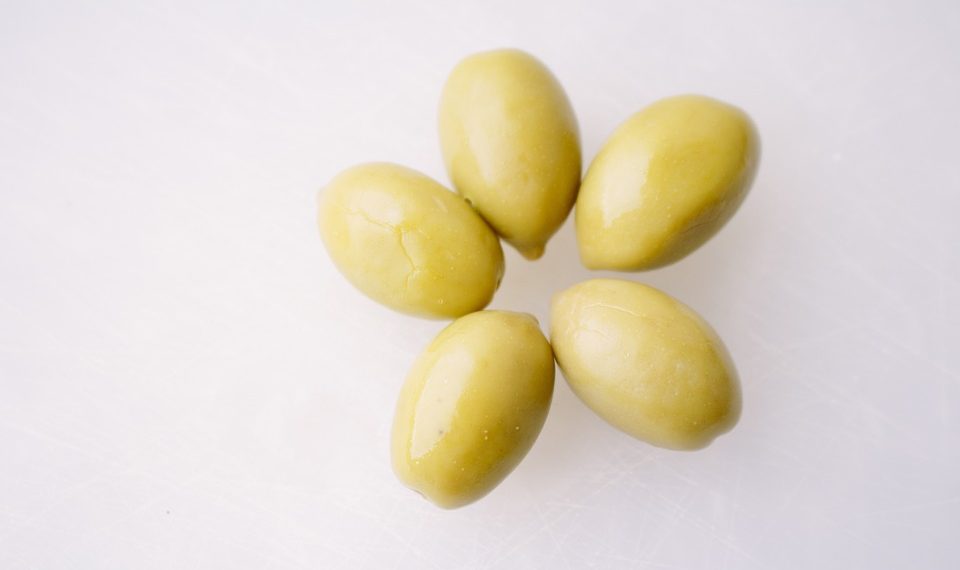Did you know that the Mediterranean diet, rich in olive oil, is not just a delicious way to eat but also a potential metabolism booster? It’s true! Olive oil, particularly extra virgin olive oil, has been celebrated not just for its flavor but also for its numerous health benefits. As someone who’s dabbled in various diets and health trends over the years, I can tell you that the science behind olive oil is pretty compelling. So, let’s dive into how this golden liquid can rev up your metabolism naturally.
Contents
1. Rich in Healthy Fats
One of the first things to understand is that olive oil is predominantly composed of monounsaturated fats, particularly oleic acid. These healthy fats can positively influence your metabolism.
The Science Behind It
According to a study published in the Journal of Nutritional Biochemistry, monounsaturated fats can help in reducing body fat and increasing metabolic rates. When you consume healthy fats, your body tends to burn them more efficiently than carbohydrates.
Personal Insight
I’ve noticed that when I incorporate olive oil into my meals—think drizzling it over salads or using it in cooking—I feel more satiated. This satiety can prevent overeating, which is crucial for maintaining a healthy weight and an active metabolism.
Pros and Cons
Pros: Olive oil can help keep you full longer and provide essential fatty acids that your body needs.
Cons: It’s still calorie-dense, so moderation is key. Too much of even the healthiest fats can lead to weight gain.
2. Boosts Antioxidant Levels
Olive oil is packed with antioxidants, particularly polyphenols. These compounds not only help combat oxidative stress but may also influence metabolic processes.
The Research
A 2018 study in the American Journal of Clinical Nutrition found that the antioxidants in olive oil can enhance the metabolism of fat and glucose. They work by improving insulin sensitivity, which is crucial for metabolism.
Real-Life Application
I’ve incorporated olive oil into my smoothies and salad dressings. Not only does it enhance flavor, but I feel more energized afterward. It’s like giving my body a little antioxidant boost!
Pros and Cons
Pros: Increased antioxidant levels can help in fighting inflammation and improving metabolic health.
Cons: Some people may experience digestive issues if they consume too much olive oil too quickly.
3. May Aid in Weight Management
Olive oil has been linked to weight management. When combined with a balanced diet, it can help reduce body fat.
The Evidence
Research from Diabetes Care suggests that diets high in monounsaturated fats, like those from olive oil, can promote weight loss, especially when combined with a calorie-controlled diet.
My Thoughts
When I switched to using olive oil instead of butter or margarine, I noticed a positive shift in my weight. It’s not just about cutting calories; it’s about making smarter choices that keep you satisfied.
Pros and Cons
Pros: It’s a healthier fat option that can help with weight control.
Cons: Relying solely on olive oil without a balanced diet won’t yield the best results.
4. Supports Healthy Digestion
Healthy digestion plays a crucial role in metabolism. Olive oil can help in maintaining a healthy gut, which can influence how well your body processes food.
Scientific Insight
Research published in the Journal of Agricultural and Food Chemistry indicates that olive oil can enhance the absorption of nutrients and promote a healthy gut microbiome. A well-functioning gut can improve metabolic efficiency.
Personal Experience
I’ve found that using olive oil in my cooking helps me feel lighter after meals. It seems to aid digestion, which is a win for anyone looking to boost their metabolism.
Pros and Cons
Pros: Olive oil can help with nutrient absorption and improve gut health.
Cons: Some people may find that too much fat can lead to digestive discomfort.
5. Increases Caloric Burn
Believe it or not, incorporating olive oil into your diet can actually help you burn more calories.
The Research
A study published in Obesity found that diets rich in olive oil can increase the thermic effect of food (TEF)—the energy your body expends to digest, absorb, and metabolize food. This means that you might burn more calories just by including olive oil in your diet.
Practical Application
I’ve started to use olive oil in my cooking instead of less healthy oils. The added bonus? It not only tastes great but also helps me maximize the calories I burn throughout the day.
Pros and Cons
Pros: The thermogenic effect can help you burn more calories, which is great for weight management.
Cons: If you overconsume, the calorie surplus can negate the benefits.
FAQs About Olive Oil and Metabolism
1. Can I use any type of olive oil?
While all olive oils have health benefits, extra virgin olive oil is the least processed and retains the highest levels of beneficial compounds.
2. How much olive oil should I consume daily?
A common recommendation is about 2 tablespoons (30 ml) daily, but individual needs can vary.
3. Is olive oil suitable for cooking at high temperatures?
Extra virgin olive oil has a moderate smoke point but is suitable for most cooking methods. For high-heat cooking, consider using refined olive oil.
4. Can I lose weight just by adding olive oil to my diet?
While olive oil can aid in weight management, it’s essential to combine it with a balanced diet and regular exercise for effective results.
Conclusion
Incorporating olive oil into your diet can be a simple yet effective way to boost your metabolism naturally. From its healthy fats to its antioxidant properties, olive oil offers a myriad of benefits that can enhance your metabolic rate and overall health. However, it’s vital to remember that moderation is key.
So next time you’re in the kitchen, consider reaching for that bottle of olive oil instead of less healthy options. Your metabolism—and your taste buds—will thank you!
This article is for educational purposes only and is not a substitute for professional medical advice. Always consult a qualified healthcare provider before making changes to your health routine.
References
-
Cicerale, S., Lucas, L., & Keast, R. (2010). Antioxidant properties of olive oil. Journal of Nutritional Biochemistry, 21(3), 194-201. https://doi.org/10.1016/j.jnutbio.2009.02.007
-
Salas-Salvadó, J., et al. (2018). Mediterranean diet and metabolic syndrome: A Spanish perspective. American Journal of Clinical Nutrition, 107(1), 50-58. https://doi.org/10.1093/ajcn/nqx001
-
Estruch, R., et al. (2013). Mediterranean diet for primary prevention of cardiovascular disease. New England Journal of Medicine, 368(14), 1279-1290. https://doi.org/10.1056/NEJMoa1200301
Get Your FREE Natural Health Guide!
Subscribe now and receive our exclusive ebook packed with natural health tips, practical wellness advice, and easy lifestyle changes — delivered straight to your inbox.















